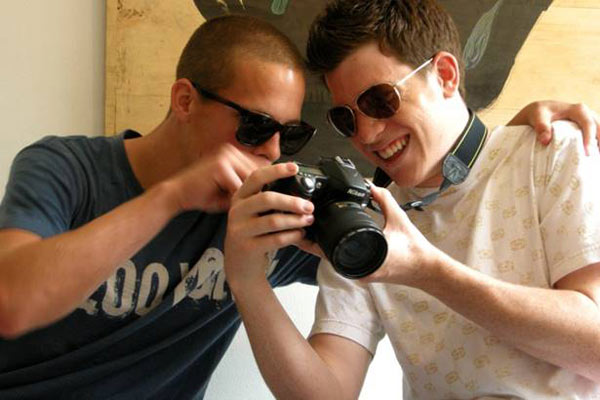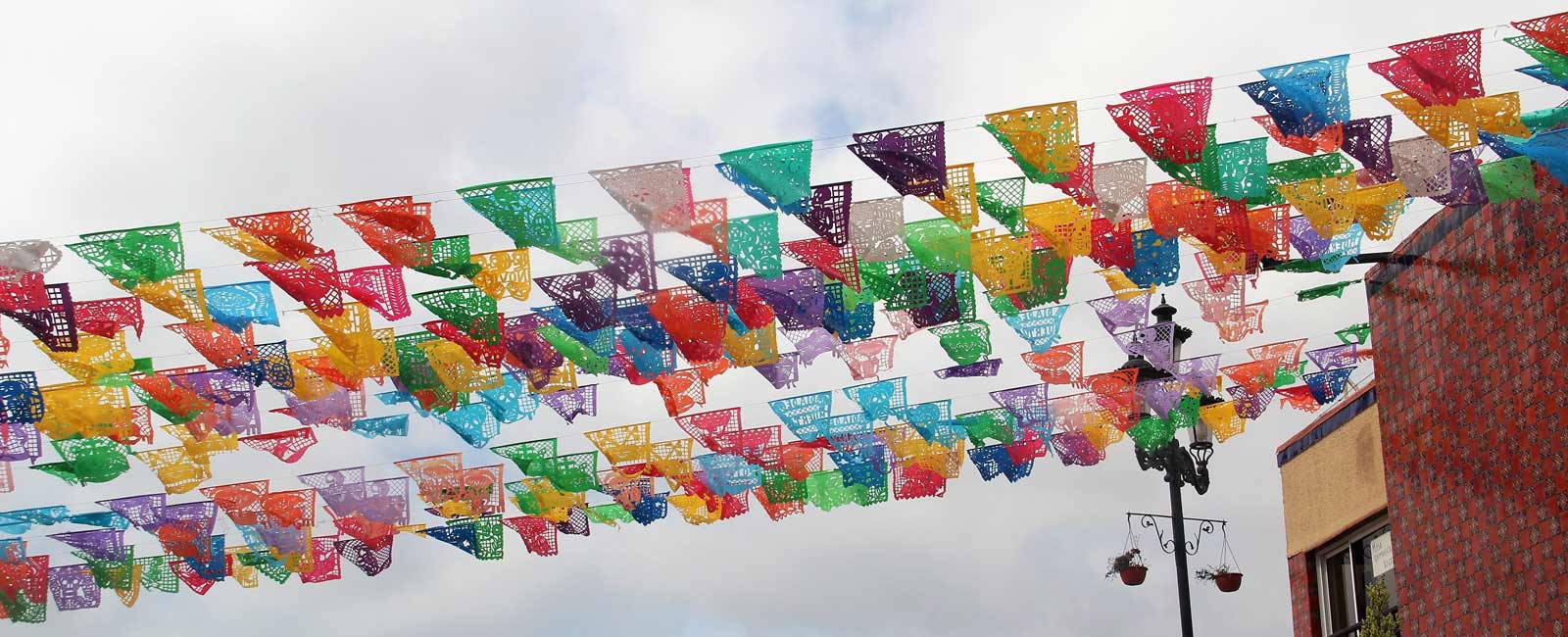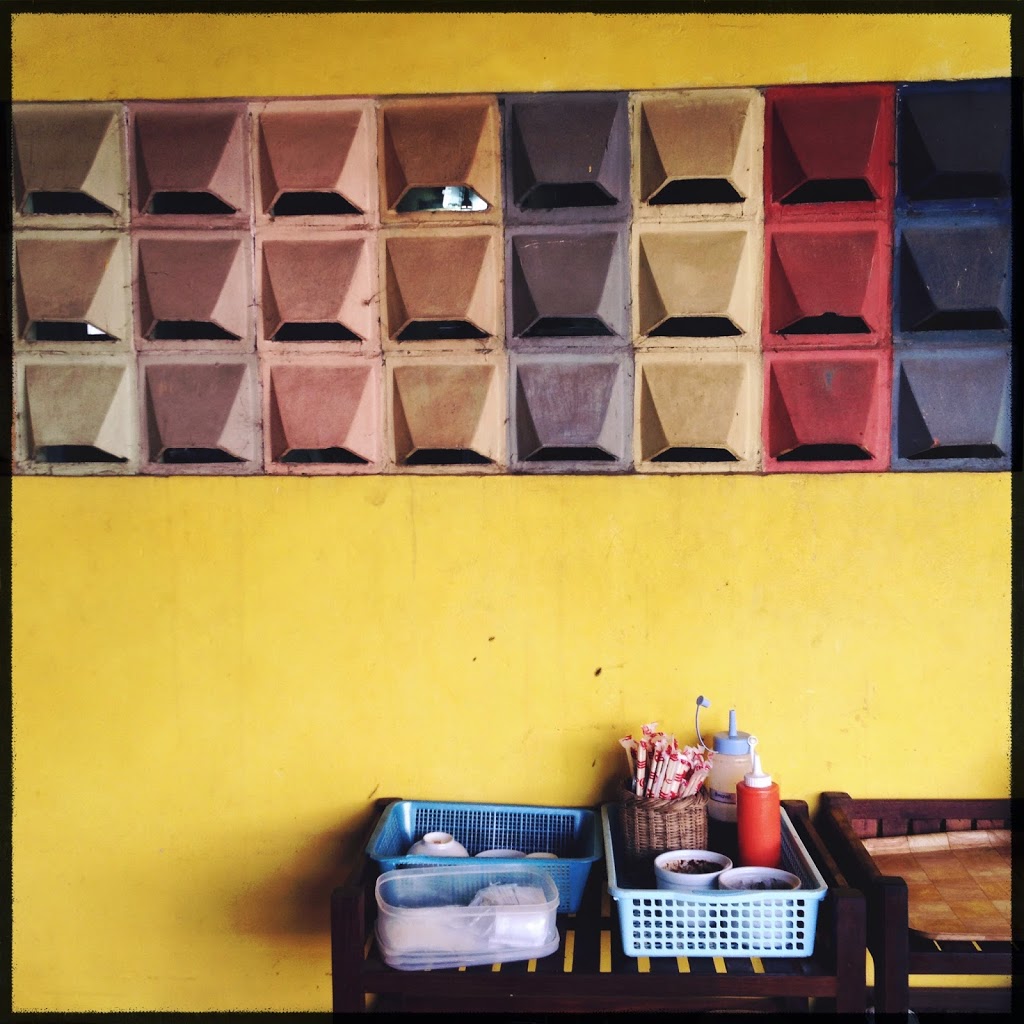
Wednesday, April 30, 2014
Street Life of Cambodia
Michael Hernandez
Michael teaches cinematic arts and broadcast journalism in Los Angeles.
On a recent visit to Phnom Penh and Siem Reap, I was impressed with the improvisational nature of street life. Scooters weave between each other at intersections without signal lights, trash stacked in piles on sidewalks at night is neatly swept up in the morning, and street vendors cook noodles at lunchtime.
Missing from these images are the intense smells of the city: burning leaves, grilling meat skewers, rotting trash, incense, diesel exhaust, plumeria blossoms.
Property in Cambodia often takes its cue from colonial French architecture, with walls surrounding courtyards, topped with barbed wire or broken glass. Decorative elements or colorful vines soften their presence.
The main mode of transportation is the scooter and tuk tuk, a covered trailer attached to scooters similar to rickshaws. Pop up gas stations dot sidewalks, their petrol held in reused rum, whiskey and soda bottles, probably so customers can see exactly what they’re buying.
The chaos and improvised lifestyle of the city is symbolized by the telecom system, which is a tangle of wires strung across streets and looped around poles. Who knows which of these is a legitimate connection, and which are bootlegged tie-ins which can be had if you know who’s palm to grease.
Street vendors are on every corner. For the sake of my intestinal tract, I didn’t sample the street food, which is often cooked over charcoal fires in makeshift grills.
The friendly people of this country and their politeness–even to complete strangers–was a refreshing change to this American who’s used to our selfish, “me-first” culture of road rage and distaste for the poor.
Shaded alleys and streets give a slight respite from the intense heat and humidity. While Cambodians are hard working people, many take siestas at mid-day to avoid the heat and make up for restless nights without air conditioning.
Unlike developed nations, rich and poor live side by side, so it’s not uncommon to have slums next door to a brand new apartment building. In this building, people live 10 to a room.
I felt a little conflicted as I shot these photos. I couldn’t help but feel like a rich westerner fascinated by the exotic, oriental culture of Southeast Asia like so many imperialist countries of the last 200 years. There’s nothing exotic about scraping together a life selling gas out of Pepsi bottles or hawking bracelets to Chinese tourists. When I’d had my fill of Buddhist temples and fish stew, and I’d run out of $50 shirts made of high performance wicking fabric, I got to board a plane and come home to my SUV, soft bed, air conditioned office.
Nevertheless, the best gift I got came from walking the streets and meeting the people of Cambodia: a new perspective on my life in the US and respect for how the rest of the world lives.
Cambodia Student Trips,Education Travel,Educational travel programs,Global Community,Global Education,Mira Costa Cambodia 2014,Peace Works Travel,Peace Works Travel,Power to the Peaceful



